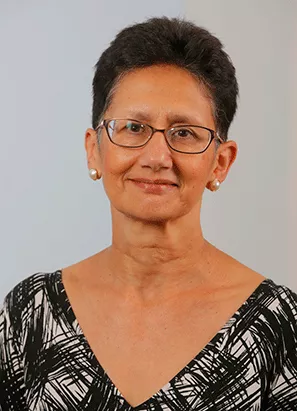Recognising the value of reflective practice
Doctors, and indeed all healthcare staff, are committed to delivering high quality, safe care and avoiding errors, but are subject to the rule of law, as is every citizen. When errors do occur, a cardinal philosophy of medical practice in the 21st century is recognition of the value of reflective practice to reduce the risk of similar occurrences happening again.
Learning from errors to improve patient care
A no-blame culture in which the focus is on learning from errors and open and frank dialogue with families affected is the route the RCPCH promotes as the best approach to caring for patients.
However, we also wish to see recognition that healthcare staff are owed a duty of care and that in many cases where things go wrong, this is the end result of failures at multiple levels, which may include pressures within the healthcare system.
Developing guidance for members
The RCPCH has therefore initiated a high level dialogue with the General Medical Council (GMC) and the Crown Prosecution Service to discuss these issues in more detail. We note the GMC has also referred to “outdated legislation” in their statement on this case.
We are therefore also working with relevant bodies to provide guidance to help our members understand these complex processes. Medicine can be a dangerous and uncertain practice, but it is also among the most rewarding.
Professor Neena Modi, President










